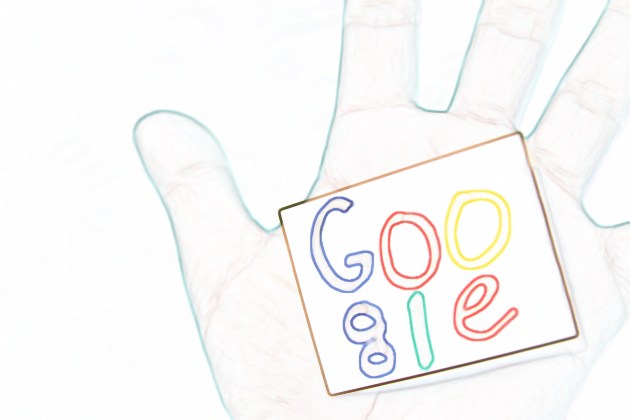Google’s in an odd bind these days. It’s far and away the biggest Internet company out there, and with that size and position comes great responsibility, to echo the sentiment found in Spider-Man. It drew heat yesterday—and rightly so—for joining forces with Verizon to help draw up “rules” for the Internet, as if the Internet needs rules be successful. Now the Wall Street Journal has published a report detailing the company’s ongoing, internal discussions surrounding its possible use of the one thing that makes it so valuable: your information. At one point will it be seen that Google has “crossed the line” with respect to its use of your information?
Off the top of your head, how many Google services do you use on a daily basis? Like many people, I use Gmail and Google search every day. We even used the now dying Google Wave for a little while here at CrunchGear, even if I couldn’t make heads or tails of it—far too busy for my liking.
Would you, if pressed for one reason or another, be able to stop using Google services? Would you give up your new Android phone purely on principle? Could you swap Google search for, say, Bing? Would you drop Gmail for Yahoo mail, or maybe use an old school e-client in conjunction with your ISP’s e-mail server?
We were able to e-mail each other just fine prior to the arrival of Gmail, right? Maybe it wasn’t as elegant, but there’s really not too much to filling in a recipient field and a subject line.
These are the questions we have to ask ourselves moving forward. We can sit around and make comments on blogs or tweet our discontent to the world all day long, but if we never actually confront the issue—where will our support of Google end?—then we might as well lie back and think of England.
Today’s revelations in the WSJ warrant further attention.
I think it’s good, on the whole, that Google is having internal discussions as to what it wants to do with all of our data. It is, after all, our data. That shows the company hasn’t completed lost the plot. (Having secret talks with Verizon about the very future of the Internet inspires somewhat less confidence.) The discussions seem to center around just how far Google intends to use some of the more specific data is has about us. Feeling pressure from Facebook, which benefits from people’s willingness to share every minute detail of their life, ripe for advertisers to pick over, Google may be inclined to say, “Look, like Santa Claus, we know when these people are sleeping, we know when they’re awake, we know when they’ve been bad or good, so let’s make some money off that.”
Not that there’s anything wrong with making money, of course, but you don’t necessarily want a company to know your every move, then sell that information to the highest bidder. It’s just unseemly.
One of the many items discussed in the “brainstorm” documents: will Google create a “Like button” that follows you around the Internet, dumping all of that “like” data into a giant database that it then hands over to the highest bidder? What’s to stop it from doing so, and does that bother you?
That’s but one example, and one based on old documents. (The documents in question are from late 2008.)
We are approaching a point in time where we will need to reevaluate our relationship with Google. It’s no longer merely a handy search engine that your friend told you about. It’s sitting on a giant stack of information—our information— and we need to be certain that we’re comfortable with that fact.
Because if we’re not, now would be the time to start drawing up a Plan B of sorts.
